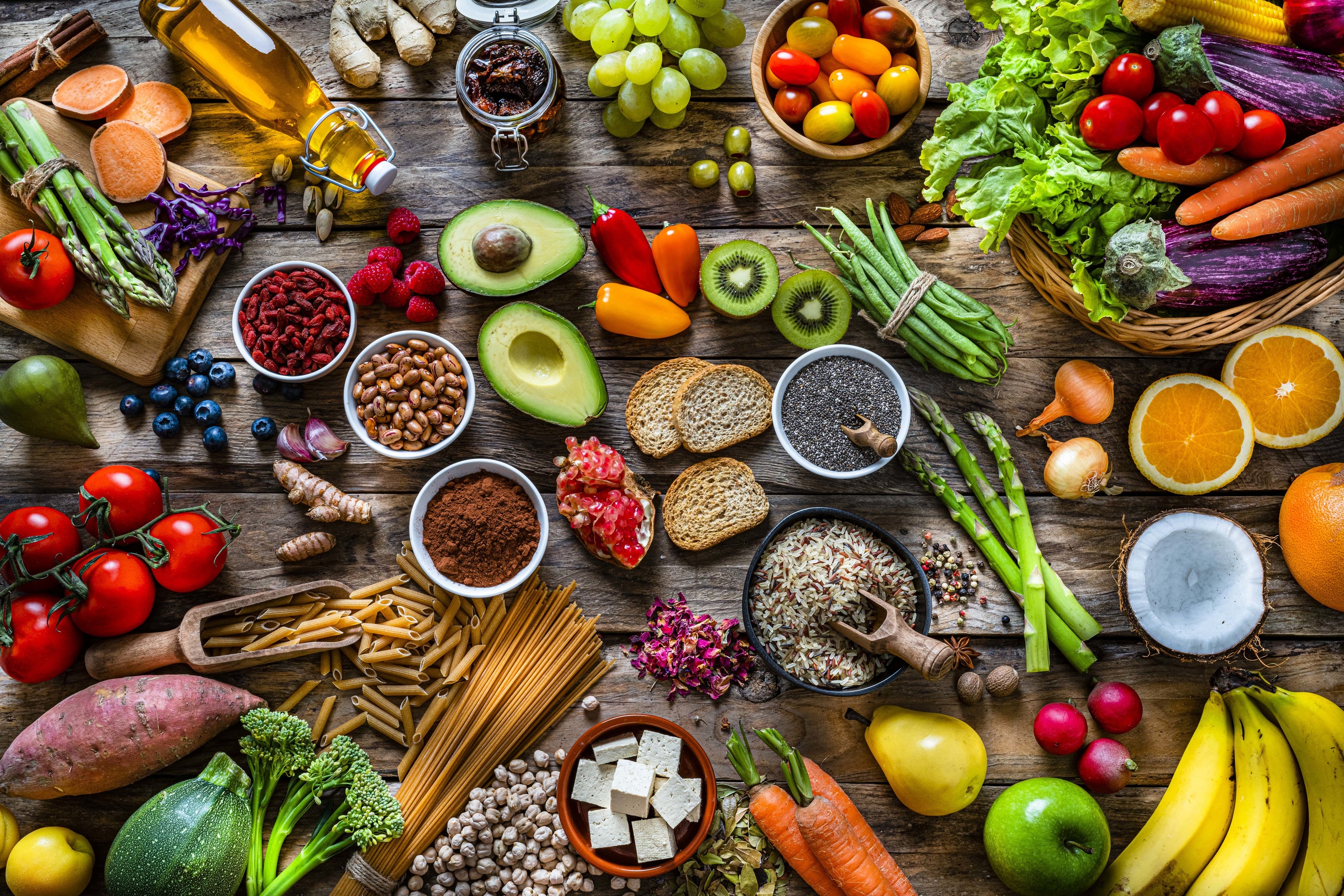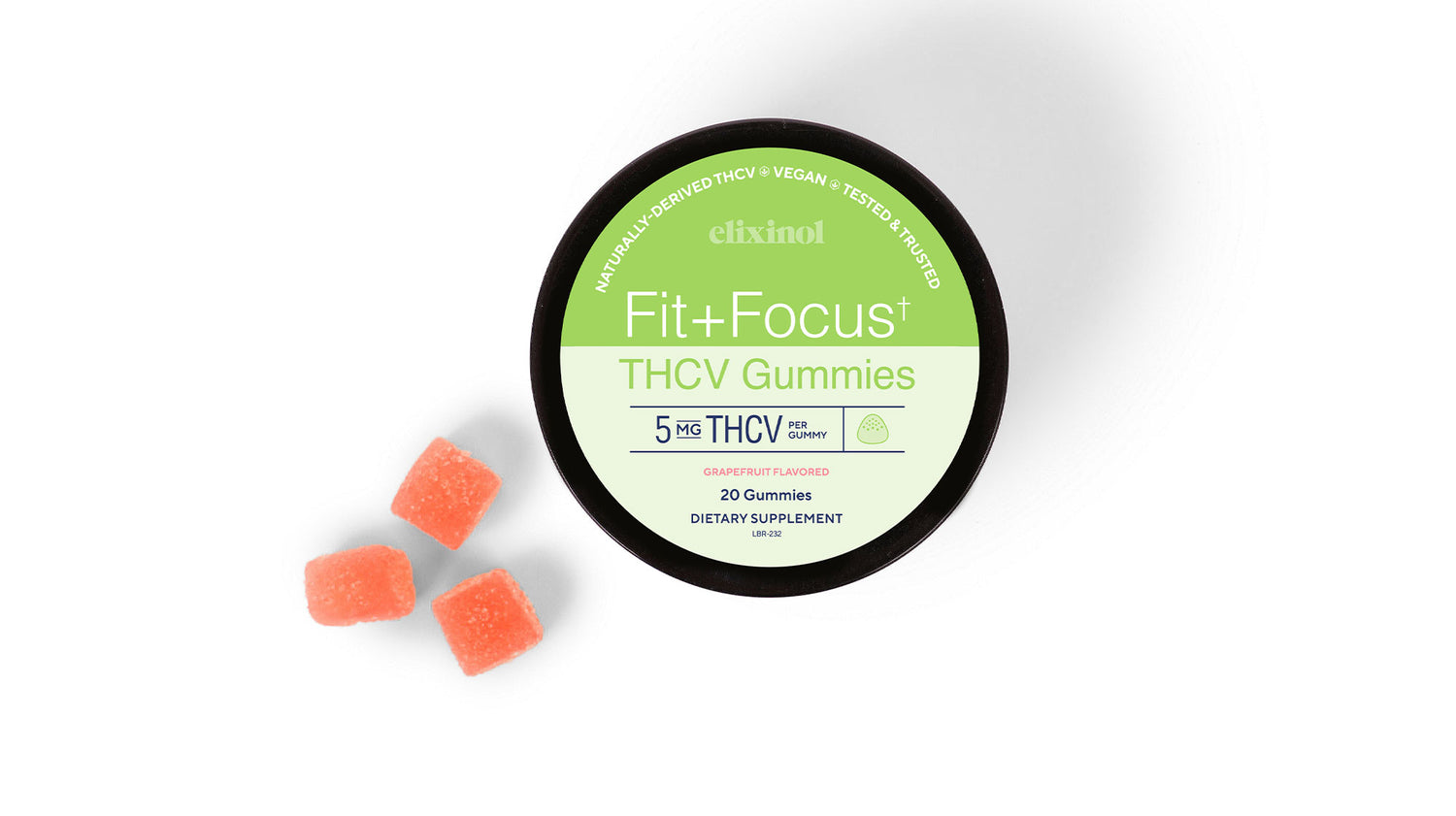By Dr. Damiana Corca, sleep & wellness specialist, Doctor of Acupuncture, Chinese Medicine, and Functional Medicine
It is a fact that diet and sleep are connected. We eat every day, several times a day. So it can absolutely influence your general health, including your sleep.
How to eat for better sleep involves two different aspects. One: Your eating routine and habits throughout the day can impact your ability to fall asleep and stay asleep. Secondly, the type of food that you eat can affect your sleep either positively or negatively.
Here are five tips or habits to establish for healthy eating that can lead to healthy sleep.
- Eat breakfast each morning, and ideally no later than an hour or so after waking up. This is helpful because it matches the natural response of the hormone cortisol. We want a healthy rise response of the hormone cortisol in the morning so that it is then followed by a nice drop at night. Eating a healthy breakfast helps this healthy cortisol response. If you’re not hungry shortly after waking up, choose a smaller meal that contains some fruit, collagen powder, and a healthy fat like ghee or half an avocado. The general idea is to focus on a breakfast that is higher in protein and lower in carbs.
- Eat protein with each meal. Eat at least 15 grams to 30 grams of protein with each meal. Eating plenty of protein with each meal stabilizes your blood sugar (which helps inflammation) and helps make calming neurotransmitters such as serotonin to help you feel more peaceful and sleep deeper at night. When your are not eating enough protein, people tend to favor foods with a high glycemic index (higher in sugar) which is not idea. These foods reduce slow-wave sleep and you won’t feel as energetic and refreshed the next day.
- Eat dinner early and, if possible, have no snacks or food three hours before you go to sleep. If you feel hungry, ask yourself, am I really hungry? Some people can indeed benefit from a snack before bed, so you can then try having a snack one hour before bedtime and see how it affects your sleep over time.
- If you decide to snack before bedtime, choose wisely. A “golden milk” powder drink can be a good sleep-inducing nighttime snack. Make golden milk powder by mixing 4 Tbsp. turmeric, 2 tsp. ginger, 2 tsp. cinnamon, 1 tsp. ground black pepper, and 1/8 tsp. nutmeg. Store it in a jar. Use one teaspoon per drink. Mix the golden milk powder with your favorite heated milk (such as coconut milk, almond milk, hemp milk) and 1/4 tsp. ghee, 2 Tbsp. of collagen powder, and 1/4 tsp. of honey. Another nighttime snack is combining a small amount of fruit (half a banana, one kiwi, or half a cooked apple or pear) mixed with 2 tbsp. of collagen powder with water, as a smoothie.
- Choose your drinks carefully. We have been talking about foods, but what we drink also can impact your sleep. Most people do best with having no caffeinated drinks past 10 am. As far as alcohol intake, it’s best to finish drinking it 2 to 3 hours before bedtime. In general, one alcoholic drink per night is fine, as long as you allow at least three nights per week of going alcohol free. This gives your liver a break from having to clear alcohol out of your body.
Here is a look into some specific foods or food categories that can help you get a good night’s sleep.
- Eat a small amount of healthy fats with each meal. Avoid saturated fats and favor unsaturated fats. The fat sources can range from butter, ghee, coconut oil, olive oil, or avocado oil to fatty fish and grass-fed meats.
- Choose your carbs carefully. In order to sleep well, choose carbs coming from fruit and starchy root vegetables, as opposed to favoring grains. Tropical fruits (kiwi, pineapple, papaya) can be really helpful if consumed in small quantities and combined with protein and fat, because they provide quick energy for your brain. Root vegetables are high in vitamins and minerals such as magnesium, potassium, and vitamin C; they are complex carbohydrates that won’t typically create a sugar rush, especially when in small quantities and when combined with protein and fat. Root veggies can support the serotonin and therefore melatonin production.
- Eat foods high in tryptophan. Tryptophan is an essential amino acid found in high-protein foods. The most well-known food with high tryptophan is turkey. We often think that after eating the Thanksgiving meal we get sleepy thanks to the turkey, but actually this is much more likely due to the carb overload. Animal protein foods such as chicken, turkey, beef, or salmon have about the same amount of tryptophan. The only problem with tryptophan derived from animal protein is that those foods are also rich in other amino acids These amino acids compete for absorption, and tryptophan doesn’t win that competition very often. So even though there is a great amount of tryptophan in these foods, the tryptophan is not as absorbable. However, pumpkin seeds, sesame seeds, cashews, walnuts, oats, brown rice, quinoa, beans, potatoes, pineapple, and bananas are some examples of the foods that contain a good amount of tryptophan and are more easily absorbable. The idea is not to overload your dinner with these foods, but rather to introduce one or two in all your meals throughout the day.
- Drink tart cherry juice. Tart cherry juice is fairly high in melatonin and can promote good sleep. While the natural aspect of this option is attractive, some people get a sugar high from the tart cherry juice and can cause be detrimental to sleeping well at night. It is best to give it a try to and see if it’s helpful for you.
- Eat plenty of fresh fruits and vegetables. This might surprise you…but in order to sleep well at night, we need a diet that is as varied as possible to get the many nutrients that are necessary to make sleeping well possible. Eat 1 to 2 servings of vegetables at each meal, including breakfast. You want to aim for 4 to 6 servings every day. Typically, one serving is 1 cup of a raw vegetable, or ½ cup of cooked vegetables.
- What about milk? Drinking milk at night is not helpful for the large majority of population. In fact, this can be detrimental for most people as they can't digest milk well and it creates inflammation, which can increase stress hormones and interrupt sleep.
However, there is something found in milk that can be helpful for sleep. Some people use supplements that have the active ingredient found in the milk protein casein, called Lactium, which can be beneficial for sleep.
In addition to these steps, many people have had success getting a better night of sleep using CBD, such as Elixinol's sleep products.
When you follow the guidelines offered above you may notice that you now not only sleep better but feel like your overall health improves. You are now providing your body a diet that helps inflammation in your body, regulates your blood sugar and gives your body what it needs in order to sleep well.

Dr. Damiana Corca
- Doctorate in Acupuncture and Chinese Medicine, Pacific College of Health & Science
- Certified Functional Medicine Practitioner, Institute for Functional Medicine
- Masters of Oriental Medicine, East West College of Natural Medicine
- Bachelors in Health Sciences, East West College of Natural Medicine
If you want to learn more about root causes for sleep issues and how to solve them, get this free gift from Dr. Damiana Corca.




